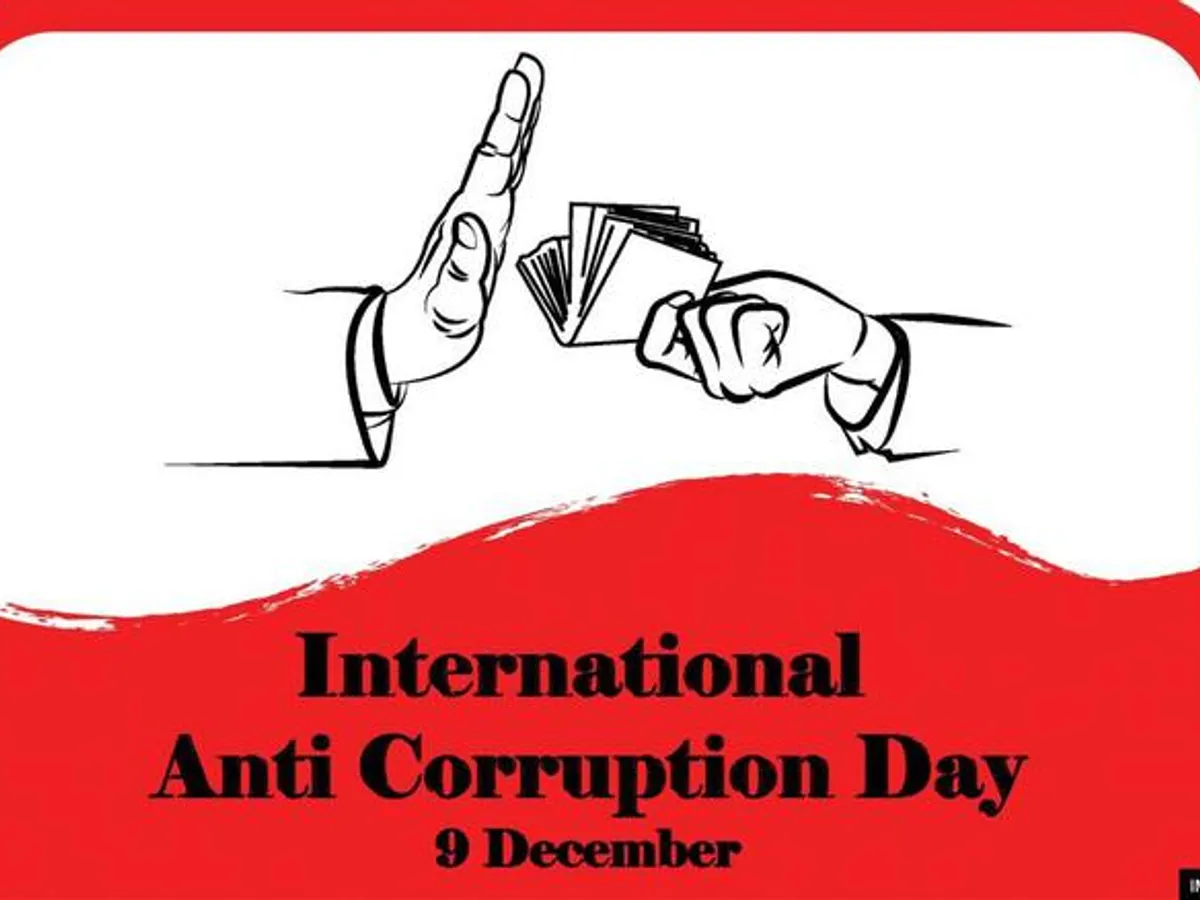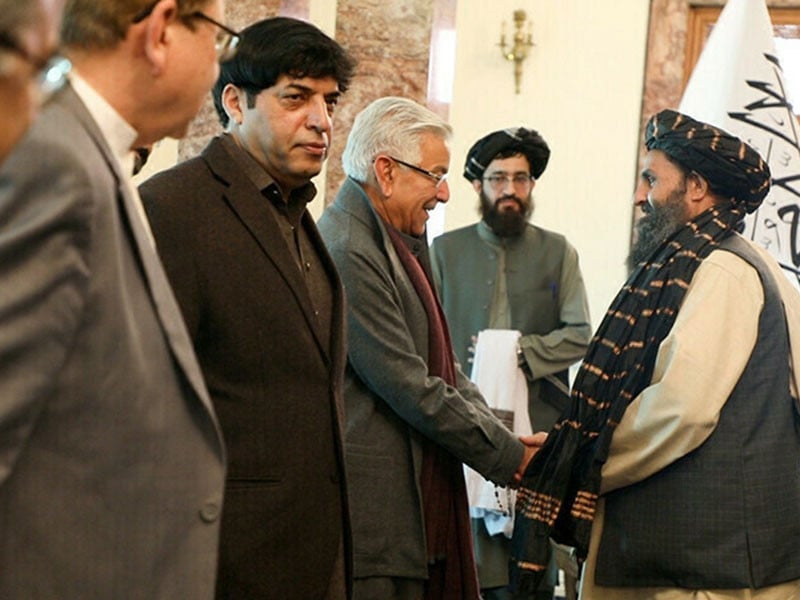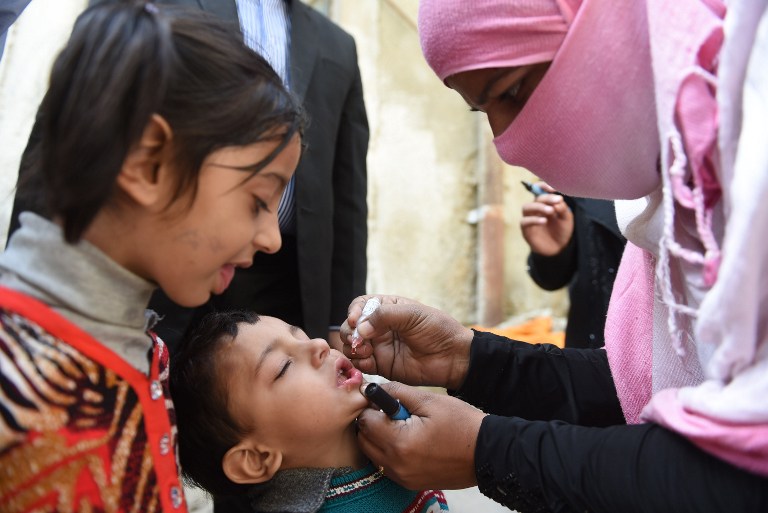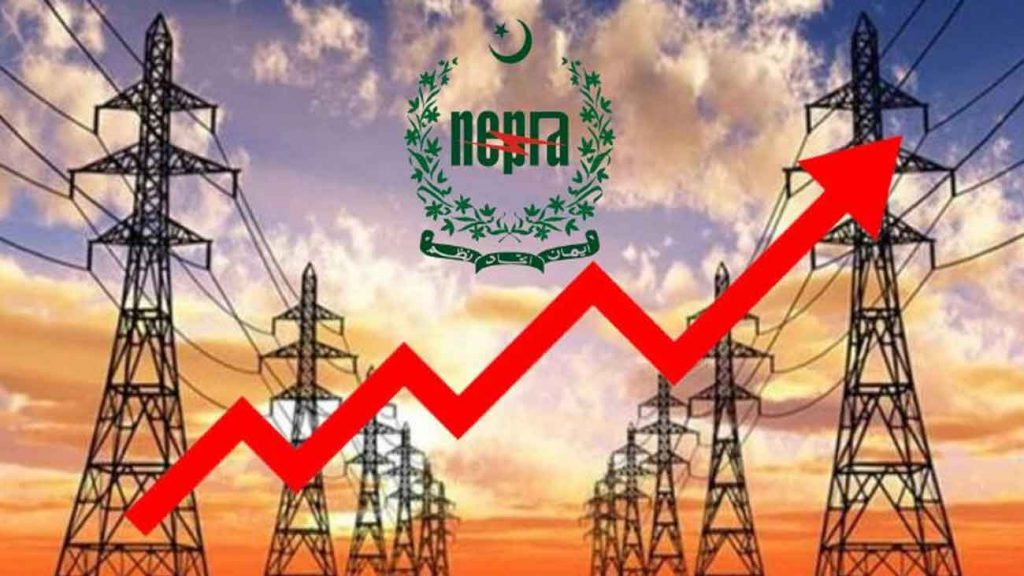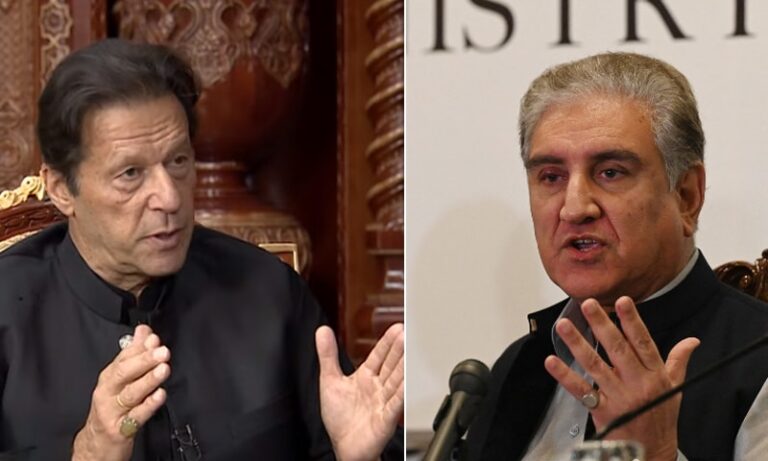EDITORIAL
The world today encounters some of its most consequential challenges in many generations. It confronts challenges which jeopardize prosperity and equilibrium for people across the globe. The plague of corruption is overgrown in most of them.
Corruption negatively impacts every characteristic of society and is profoundly intertwined with conflict and instability, jeopardizing social and economic development and undermining democratic institutions and the rule of law. For more read; https://republicpolicy.com/allotment-of-gor-houses-a-story-of-corruption-and-nepotism/
Corruption follows conflict and is frequently one of its root causes. It fuels conflict and inhibits peace processes by undermining the rule of law, worsening poverty, facilitating the illicit use of resources, and providing financing for conflicts and interests. Preventing corruption, promoting transparency and strengthening institutions are paramount for Sustainable Development Goals.
The 2022 International Anti-Corruption Day (IACD) accentuates the crucial link between anti-corruption and peace, security, and development. At its core is the notion that tackling this crime is the right and responsibility of everyone and that only through cooperation and the involvement of every person and institution we can overcome the damaging impact of this crime. States, government officials, civil servants, law enforcement officers, media representatives, the private sector, civil society, academia, the public and youth alike all have a role to play in uniting the world against corruption.
Corruption is a complex social, political and economic phenomenon that affects all countries. Corruption undermines democratic institutions, slows economic development and contributes to governmental instability.
Corruption attacks the foundation of democratic institutions by distorting electoral processes, perverting the rule of law and creating bureaucratic quagmires whose only reason for existing is soliciting bribes and extorting money. Economic development depreciates because foreign direct investment is discouraged, and small businesses within the country often find it impossible to overcome the “start-up costs” required because of corruption. For more read; https://republicpolicy.com/bureaucrats-love-public-vehicles-therefore-they-plunder-them-a-story-on-the-vehicle-plunder/
On 31 October 2003, the General Assembly adopted the United Nations Convention against Corruption and requested that the Secretary-General designate the United Nations Office on Drugs and Crime (UNODC) as the secretariat for the Convention’s Conference of States Parties (resolution 58/4). Since then, 188 parties have committed to the Convention’s anti-corruption obligations, showing near-universal recognition of the importance of good governance, accountability, and political commitment.
The Assembly also designated 9 December as International Anti-Corruption Day to raise awareness of corruption and the Convention’s role in combating and preventing it. The Convention entered into force in December 2005.
Corruption is one of the scourges of modern life. Its costs are staggering. For example, tax abuse by multinational corporations and wealthy people costs about US$483 billion to fully vaccinate the world against COVID-19 more than three times over. Of the approximately US$13 trillion governments spend on public spending, up to 25 per cent is lost to corruption. International bribery is thriving, and more than half of all cases are related to public expenditure. In Europe, 28 per cent of all health industry corruption cases are related to medical equipment. And in the EU, one in 5 people pay bribes for healthcare. From 2000 to 2015, the illegal money leaving Africa amounted to $836 billion, about 3.7 per cent of its GDP. For more read; https://republicpolicy.com/another-federal-pas-officer-plunders-the-province-of-sindh/
The scrouge of corruption corrupts the state and society. Breakdowns in the societal trust are profoundly damaging and challenging to mend. Corruption undermines the stability of institutions. It chips away at democracy and jeopardizes social, economic and political development, primarily when its perpetrators act with impunity.
In crises, corruption diverts funds from essential services, such as healthcare. It cripples the effectiveness of emergency responses. Crime is robbing us of our future and present as we wrestle simultaneously with the existential challenge of climate change. Between 1.4 and 35 per cent of climate action funds have been lost to corruption.
Pakistan has also struggled with the tribulation of corruption since it came into being in 1947, directly after the partition of British India. As a result, Pakistan inherited the British legal framework and the prominent institutions, with their powerful bureaucratic elite trained to serve British rule, treated the country with the same mindset. In addition, Pakistan’s anti-corruption laws were in place to protect the political entity rather than society. Unsurprisingly, the powerful virtually separated the anti-corruption rules from the public’s interests. The subsequent changes in regimes between Military and civilian institutions due to multiple successful coups d’états further impaired and diminished the efficacy of the anti-corruption bodies. The powerful could validate such a statement by observing the lack of significant improvements in tackling corruption in any civilian government. It also applies to the military, even though it has opportunely remained absent from the public domain. Quintessentially, bureaucracies have governed Pakistan and are directly responsible for administrative corruption in Pakistan.
Under Pakistani laws, corruption is a heartless crime and corrupt officials are held accountable and are subject to severe punishment, yet this takes place chiefly on paper since society often tends to normalize and excuse certain fraudulent activities. The National Accountability Bureau (NAB), established by the Military government in 1999, is the leading anti-corruption agency, which tackles corruption cases, yet scarce funding and personnel shortages highly constrain it. The provincial anti-corruption agencies also suffer from capacity and structural crises. The anti-corruption laws consider any abuse of public power as a crime deserving of up to years of imprisonment; however, no one has ever been subject to this verdict owing to flaws in prosecution, investigation and trial processes. In societies with high degrees of social polarisation, such as Pakistan, social conditions tend to induce an environment where the use of public power for personal gains is likely to obtain social recognition and appreciation. People could perceive it as the moral view of corruption, where an act of corruption derives its legitimacy from a context in which a holder of public office receives and returns the favour to his kinship, associates and followers.https://republicpolicy.com/federal-pas-officers-continue-to-plunder-the-province-of-sindh/
Corruption in Pakistan is structural and prevalent across all institutions. It exists as a form of bribery, nepotism and prelivelge. Many Politicians, civil and military bureaucrats, judges, media persons and the country’s elite have had corruption scandals. The legislature, executive and judicial offices cannot uproot the scrouge of bribery. Then, the Islamic code to avoid corruption has also not inspired the state organs and the segments of society to refrain from sin. It requires a holistic change in the mindset of society. The people must choose transparent and honest legislators so that the legislature may elect genuine political executives. Political executives shall ensure transparency between administration and bureaucracy. The legislature shall also supervise the financial spending of the judiciary and military, being the state’s supreme organ. However, it may only happen if people choose honest leadership. People must also ensure the rule of law to avoid corruption and corrupt practices. It is more prone to society than state organs; if the community improves its moral standards, the scrouge of crime will slowly but surely cease to exist.https://republicpolicy.com/politicians-must-control-the-bureaucracy-the-killing-of-principal-secretaries-is-the-start/



































